The COVID-19 pandemic has significantly transformed the way we work, with remote work becoming the new norm for many professionals around the world. However, as vaccination rates increase and restrictions ease in some areas, there is growing pressure to return to the traditional office setting. While the idea of going back to the office may seem appealing to some, it's important to acknowledge the risks associated with forcing people back into the office environment. In this blog post, we will explore the potential hazards and challenges that come with the push for a full return to in-person work.
Mental and Emotional Well-being:
Remote work has provided employees with newfound flexibility and autonomy, allowing them to create a better work-life balance. Forcing individuals back into the office can disrupt this equilibrium and negatively impact mental and emotional well-being. The stress of commuting, rigid schedules, and separation from family can contribute to increased levels of anxiety and reduced overall job satisfaction. Employers should consider the benefits of remote work in terms of employee happiness and productivity, as well as the potential drawbacks of reverting to a traditional office setting.
Reduced Productivity and Work-Life Integration:
Numerous studies have shown that remote work can enhance productivity and creativity. Employees often appreciate the lack of distractions, reduced commuting time, and the ability to work in their preferred environment. Forcing people back into the office could disrupt this productivity by reintroducing distractions, office politics, and inefficient processes. Additionally, remote work has allowed for better integration of personal and professional lives. Parents, caregivers, and individuals with specific needs have found it easier to balance work and personal responsibilities. Forcing them back into the office could create significant challenges and result in decreased productivity and job satisfaction.
Talent Retention and Attraction:
The shift to remote work has expanded the talent pool for organisations, allowing them to hire individuals from diverse geographical locations. By imposing a full return to the office, companies risk losing valuable employees who have become accustomed to remote work and its associated benefits. Moreover, prospective candidates may be reluctant to join companies that do not offer flexible work arrangements. To remain competitive and retain top talent, organisations should carefully consider the impact of forcing employees back into the office.
Environmental Impact and Sustainability:
The pandemic inadvertently highlighted the positive environmental impact of reduced commuting and office space usage. Remote work significantly decreases carbon emissions and energy consumption associated with daily office operations. By pushing for a complete return to the office, organisations risk reversing the progress made in environmental sustainability. Considering the broader global challenges of climate change, it is crucial for companies to evaluate their carbon footprint and flexible work arrangements as a way to mitigate environmental impact.
Conclusion:
While the idea of returning to the office may be appealing for some, it is important to recognize the risks associated with forcing people back into the office environment. Impacts on mental and emotional well-being, reduced productivity, talent retention challenges, and the potential negative effects on the environment are all significant considerations. Employers should adopt a flexible approach, taking into account employee preferences, the evolving nature of work, and the lessons learned from the pandemic. Balancing the needs of the workforce with the organisational requirements will be key to creating a pull back to the office and a successful and inclusive work environment in the post-pandemic world.
For insights on culture view our selection of case studies, ebooks, reports and white papers or contact us to learn how we can transform your culture.

Head Office / Europe:
+31 (0) 20 240 2233
North America:
+1 (0) 212 417 0221
UK: +44 (0) 207 100 6999
Asia Pacific: +61 (2) 8310 5285
Brazil & Latin America: +55 (11) 932 500 683
(WhatsApp available)